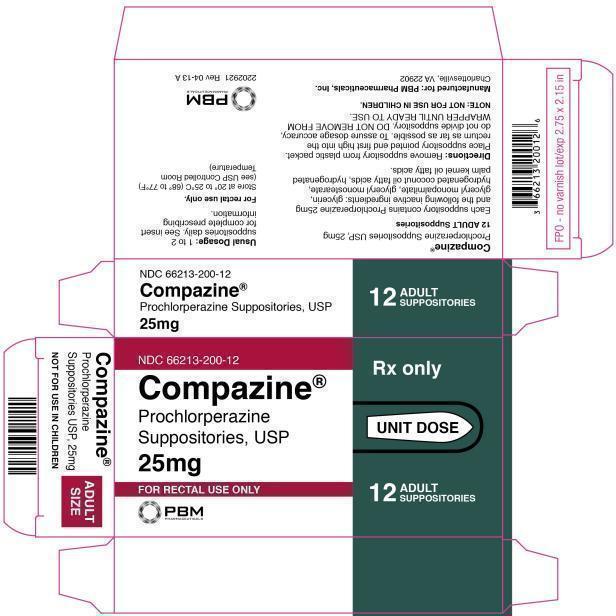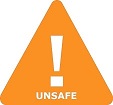Compazine | Prochlorperazine Suppository while Breastfeeding

What is Compazine | Prochlorperazine Suppository used for?
What are the risk associated with Compazine | Prochlorperazine Suppository usage while breastfeeding? What precautions shall I take while using it in breastfeeding?

Compazine | Prochlorperazine Suppository Breastfeeding Analsys
Prochlorperazine while Breastfeeding
UnsafeCAS Number: 58-38-8
May be a cause of galactorhrea by stimulting release of prolactin. Not commercially available in Spain
Compazine | Prochlorperazine Suppository Breastfeeding Analsys - 2
Prochlorperazine while Breastfeeding
CAS Number: 58-38-8
Based on minimal excretion of other phenothiazine derivatives, it appears that occasional short-term use of prochlorperazine for the treatment of nausea and vomiting poses little risk to the breastfed infant.
What if I already have used Compazine | Prochlorperazine Suppository?
If you observer abnormal behavior or any other health issue in infant then you should immediately call 911 or contact other contact other emergency service provider in your area otherwise closely monitor the baby and inform your doctor about your Compazine | Prochlorperazine Suppository usage and time interval of breastfeeding.
I am nursing mother and my doctor has suggested me to use Compazine | Prochlorperazine Suppository, is it safe?
If your doctor knows that you are breastfeeding mother and still prescribes Compazine | Prochlorperazine Suppository then there must be good reason for that as Compazine | Prochlorperazine Suppository is considered unsafe, It usually happens when doctor finds that overall advantage of taking
If I am using Compazine | Prochlorperazine Suppository, will my baby need extra monitoring?
Yes, Extra monitoring is required if mother is using Compazine | Prochlorperazine Suppository and breastfeeding as it is considered unsafe for baby.
Who can I talk to if I have questions about usage of Compazine | Prochlorperazine Suppository in breastfeeding?
US
National Womens Health and Breastfeeding Helpline: 800-994-9662 (TDD 888-220-5446) 9 a.m. and 6 p.m. ET, Monday through Friday
UK
National Breastfeeding Helpline: 0300-100-0212 9.30am to 9.30pm, daily
Association of Breastfeeding Mothers: 0300-330-5453
La Leche League: 0345-120-2918
The Breastfeeding Network supporter line in Bengali and Sylheti: 0300-456-2421
National Childbirth Trust (NCT): 0300-330-0700
Australia
National Breastfeeding Helpline: 1800-686-268 24 hours a day, 7 days a week
Canada
Telehealth Ontario for breastfeeding: 1-866-797-0000 24 hours a day, 7 days a week
